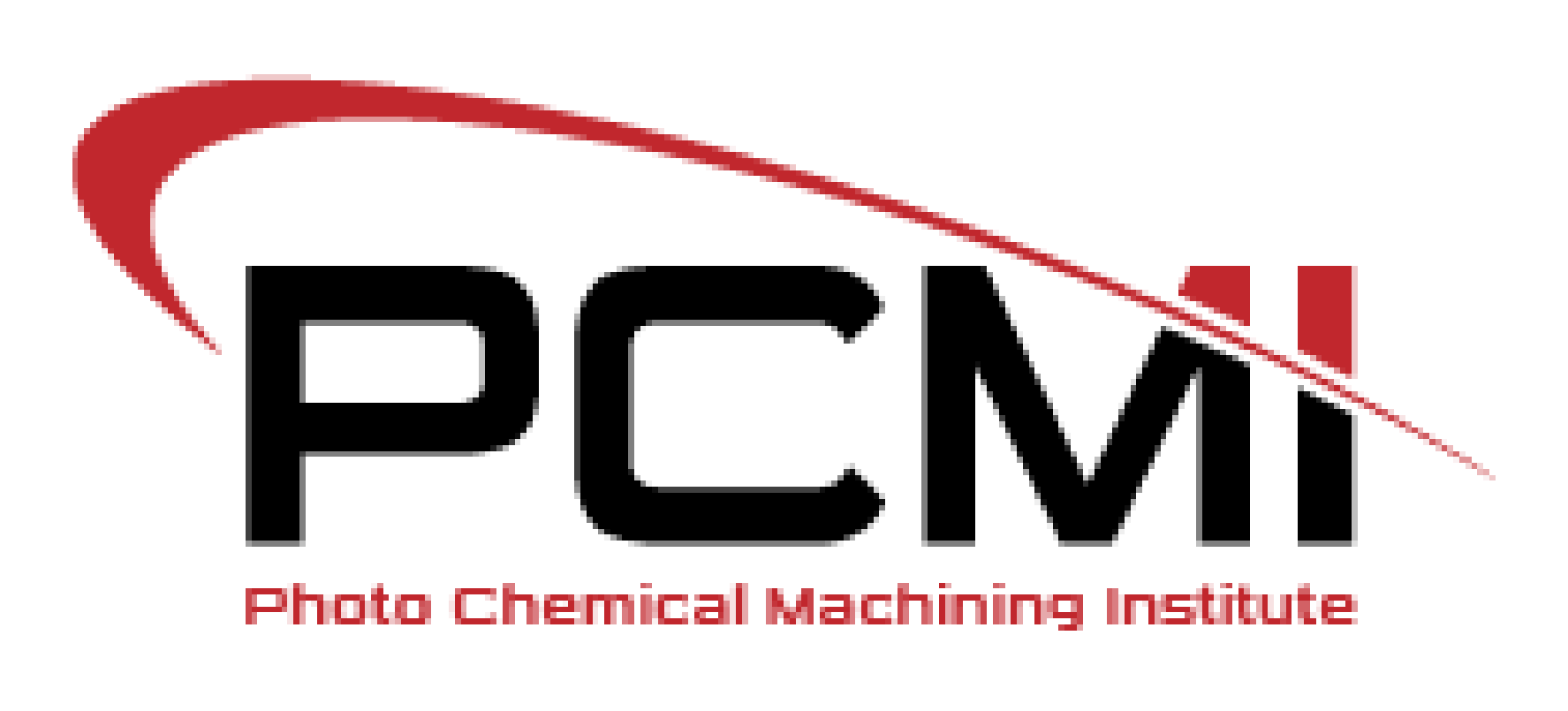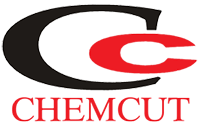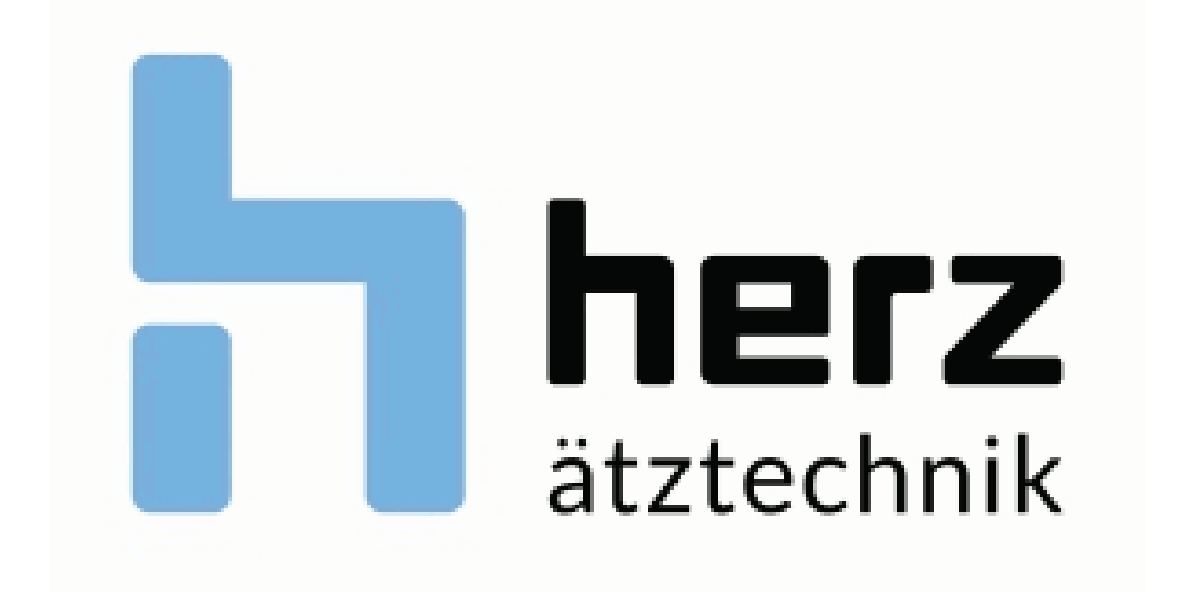
Conference Event Page
PCMI Spring International Technical Conference
May 12 – 15, 2024 | NH Collection Frankfurt Spin Tower | Frankfurt | Germany
Special Thanks to PCMI Spring Conference Sponsors
Gold Sponsor
Platinum Sponsor
Gold Sponsor
Schedule, Session Abstracts and Speaker Bios
Sunday, May 12, 2024
8:30 am – 9:30 am
Membership Committee Meeting
Hotel Restaurant
10:00 am – 3:00 pm
Board of Directors Meeting
Transamerica Pyramid
5:00 pm – 7:00 pm
Welcome Reception and Registration
Petronas Towers
Monday, May 13, 2024
8:00 am – 9:00 am
Registration
Outside Europaturm & Messeturm
9:00 am – 9:30 am
Welcome Remarks and Introduction
Europaturm & Messeturm
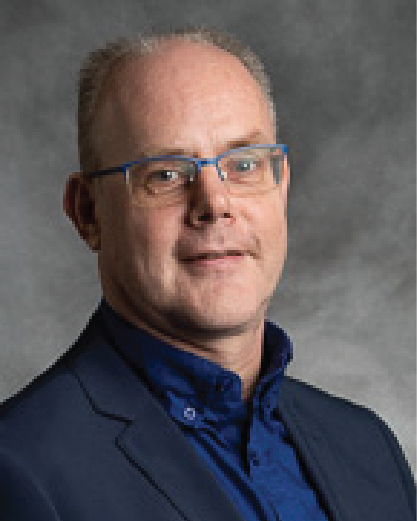
Eric Kemperman
Research & QSHE Manager
Etchform BV and PCMI President
Abstract
During this session, attendees will be welcomed to Frankfurt for the Spring 2024 Technical Conference by PCMI President, Eric Kemperman. He will offer a concise overview of the conference schedule, emphasizing its theme, recognizing sponsors, and introducing the committee and Board of Directors.
Before concluding his remarks, Eric will invite each attendee to stand and introduce themselves by sharing their title and company. This interactive introduction will provide everyone with an opportunity to become acquainted with their colleagues, igniting the crucial networking phase of this biannual PCMI program.
Bio
Eric Kemperman received a Master of Science in Chemical Engineering in 1995, from the Eindhoven Eric Kemperman received a Master of Science in Chemical Engineering in 1995, from the Eindhoven University of Technology. He joined Etchform as a Research Assistant in 1997. After leaving the company for three years for a research project at the Paul Scherrer Institute in Switzerland, he rejoined Etchform in 2001.
At Etchform, Eric holds the position of Research & QSHE Manager.
Eric serves as the President of the PCMI Board of Directors. He also serves on the PCMI Conference Membership and Bylaws Committees.
9:30 am – 10:30 am
PCMI Annual Meeting and Open Membership Forum
Europaturm & Messeturm

Abstract
The Photochemical Machining Institute will host an Open Membership Forum during its Spring Technical Conference on Monday, May 12, 2024.
During the forum, members of PCMI’s Board of Directors and Committees will share information regarding the Institute’s short and long-term goals. They will provide updates on programming and membership benefits, highlighting both existing offerings and potential enhancements. Importantly, the forum will offer conference attendees and members an opportunity to ask questions, gain insight, and engage in discussions about how PCMI can provide additional or new membership benefits.
PCMI prioritizes transparency in its decision-making procedures and seeks to ensure that members have a voice in the development of new or updated programming. By fostering open dialogue and collaboration, PCMI aims to meet the evolving needs of its membership base and enhance the overall value proposition for its community.
10:30 am – 11:00 am
Networking Break
Outside Europaturm & Messeturm
11:00 am – 11:45 am
PCM of Difficult-To-Etch Metals and Alloys: Nickel- and Cobalt-Based Superalloys
Part One
Europaturm & Messeturm
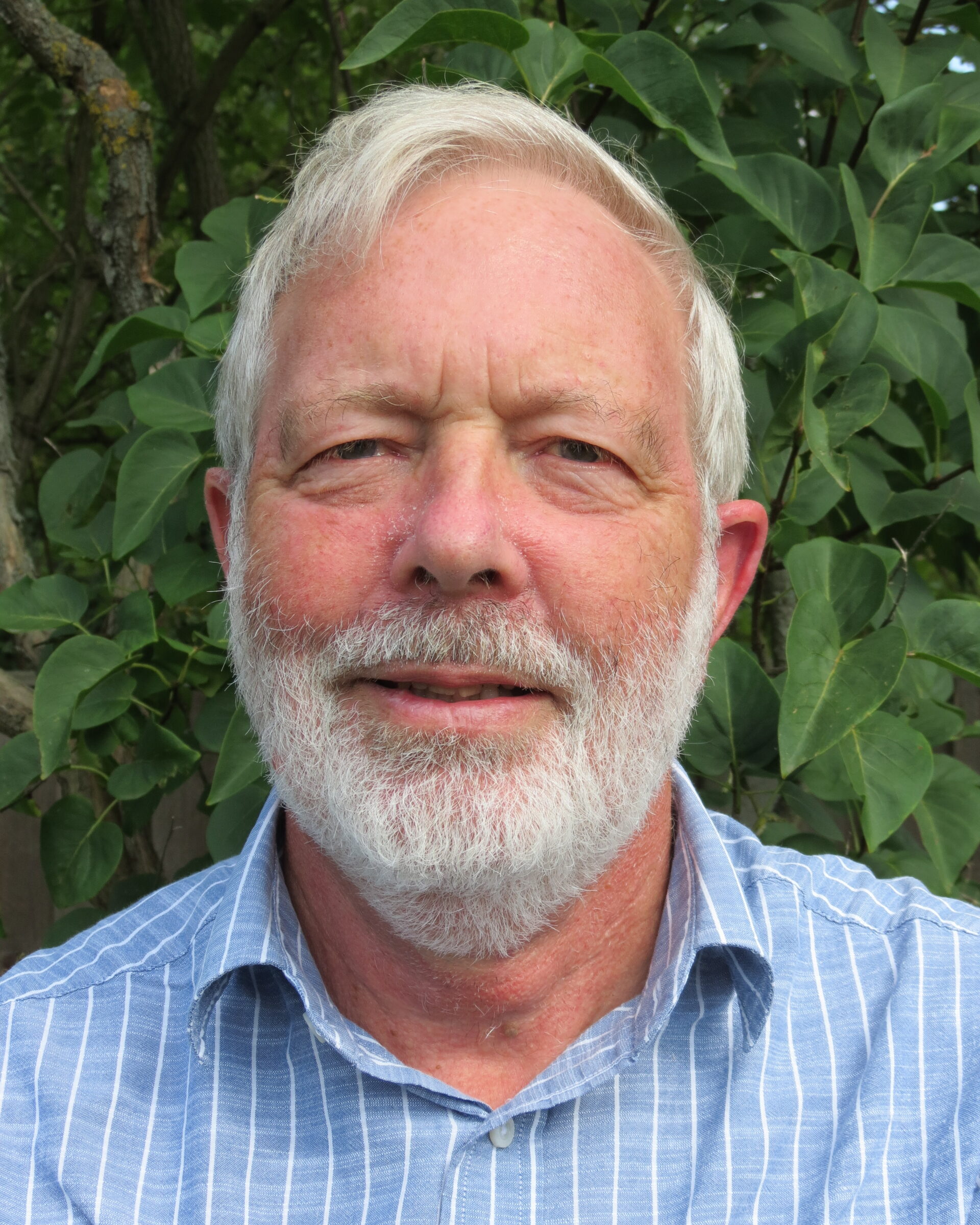
David Allen
Emeritus Professor of Micro Engineering
Cranfield University
Abstract
A superalloy is a metal specifically designed for applications requiring a high level of resistance to elevated temperatures, high tensile strength, and resistance to corrosion. Superalloys are therefore often used in chemical conversion plants, industrial and aerospace turbines, medical implants and devices containing precision springs and diaphragms.
These materials are extremely difficult to machine by conventional cutting methods as the materials work-harden when being machined. Fabrication by chemical machining is therefore a preferred technique. However, as these materials are also corrosion-resistant, they can also be difficult to etch.
This presentation reviews how a wide range of nickel-based and cobalt-based superalloys can be etched by aggressive chemical etchants or electrolytic photoetching techniques with reduced health, safety and environmental impacts.
Bio
Emeritus Professor David Allen started his career as a chemist (BSc, 1968) and moved into photochemistry research (PhD, 1972) while studying at Cardiff University. Following post-doctoral research at Warwick University and imaging technology development in industry, David joined Cranfield University in 1976. He was appointed a Technical Liaison Member to the Photo Chemical Machining Institute (PCMI) in 1981 and is currently on the Board of Directors of PCMI responsible for education. David became Professor of Microengineering at Cranfield University in 1998 and was elected as a Fellow of The International Academy for Production Engineering (CIRP) in 2006.
David has published:
- Two PCM books: “The Principles and Practice of Photochemical Machining and Photoetching” (1986) and “Photochemical Machining and Photoelectroforming” (2015, reprinted 2016, 2017 and 2019)
- five book chapters on non-conventional machining and contributed the chapter on ‘Etching’ to the on-line CIRP Encyclopedia of Production Engineering
- seven confidential industrial PCM consortium reports
- 206 journal and conference papers and was awarded the higher doctoral degree of DSc from Cranfield University in 2013 for his thesis entitled “Contributions to Photochemical Machining and Photoelectroforming”.
David retired from academia in 2011 and he now carries out consultancy and staff training in PCM companies across the world. He has worked with 27 different companies over the past 12 years.
12:00 pm – 12:45 pm
Lunch
Hotel Restaurant
12:45 pm – 1:30 pm
Fineline Imaging with Schmoll’s Direct
Imaging Solutions
Europaturm & Messeturm
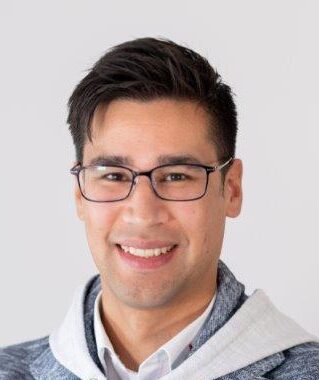
Dennis Pusch
Manager Sales and Business Development DI
Schmoll Maschinen GmbH
Abstract
This presentation will highlight the advancements in direct imaging, coming a long way from its “standard” resolutions down to single-digit figures, focusing on the developments in the light source and imaging technology itself, but also the interdependencies between equipment capabilities and existing processes aimed to evolve towards generating finer structures and features.
Miniaturization as a determined goal does not only address higher resolution but also higher accuracy requirements.
The importance of highly accurate front-to-back alignment, especially for metal etching applications, along with increased complexity due to higher demand for automation and traceability functions, will be answered in this presentation showcasing intelligent solutions to today’s equipment and the approach of diverse challenges from an application’s / process perspective.
As the host of this year’s Facility Tour, a short introduction to what visitors can expect from the visit at Schmoll Maschinen will be given.
Bio
Dennis Pusch, M.Sc., is the Manager Sales and Business Development for Schmoll’s Direct Imaging product line.
He has supported the DI product since its early beginnings at Schmoll Maschinen and understands its technology,application, market and customer requirements well, counting several years of experience working in this field.
Supporting and working with global customers, Dennis has a good insight on current market trends and new requirements.
1:30 pm – 2:00 pm
Direct Imaging – Key Technical Points for Chemical Etching Application
Europaturm & Messeturm
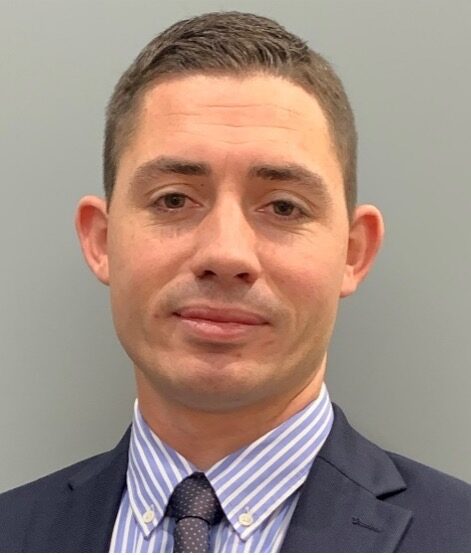
Alexis Guilbert
Deputy Sales Director
Altix France
Abstract
This presentation provides a comprehensive analysis of critical factors essential for Photo Chemical Etching manufacturers operating in Sheet to Sheet (StS) and Roll to Roll (RtR) applications.
It emphasizes the importance of advanced alignment facilitated by precise target detection techniques, considering material and surface preparation, to ensure quality photoresist exposure, productivity, and meticulous machine thermal requirements for consistent performance over time.
Additionally, it highlights the native automation capabilities provided for Sheet to Sheet machines and RtR processes. Ergonomic considerations such as automated software functions and user-friendly interfaces are also addressed to enhance workflow efficiency.
Bio
Alexis Guilbert graduated from Esigelec School with a Bachelor’s degree in Electrical Engineering.
He embarked on his career as a Method & Industrialization Engineer for distribution transformer systems at Alstom.
2:00 pm – 2:15 pm
Networking Break
Outside Europaturm & Messeturm
2:15 pm -2:45 pm
Direct Imaging Laser and LED-Based
Technology Overview
Europaturm & Messeturm
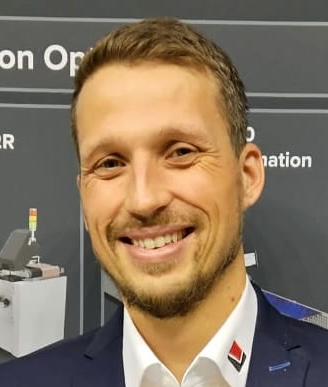
Matthias Nagel
General Manager
Limata
Abstract
Limata´s laser and UV-LED exposure machines in the application field of “chemical milling”
Demonstration of practical use cases with the benefits of these direct imaging technologies for applications in the chemical milling area.
Going from miniature finest achievable patterning on div. metal materials to the largest direct imaging bed for military and aerospace applications.
Bio
I am a 40-year-old CTO of Limata, overseeing R&D, production, and service, leveraging my background in electrical engineering from Munich and previous experience at Rohde & Schwarz GmbH in RF amplifier R&D.
I founded Limata in 2010 and have accrued 14 years of expertise in the machinery business focused on direct imaging.
2:45 pm – 3:15 pm
The Evolution of Direct Imaging
Europaturm & Messeturm
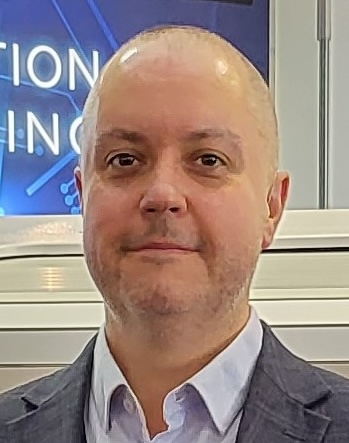
John Wilson
Director of Technical Services
MIVA Technologies GmbH
Abstract
My presentation outlines the evolution of direct imaging from CRT, LCD, and finally DLP.
This development path started with early attempts in the 1980s utilizing blue laser and has led to dedicated high-energy wavelength technologies required in today’s photo-lithography.
I will cover the next steps of DI technology, from maskless microelectronics applications to high-resolution high throughput printed electronics and chemical milling.
Bio
John Wilson is Director of Technical Services for MIVA Technologies GmbH.
He started work in PCB manufacturing in the UK before moving on to become general Manager at one of the UK´s leading manufacturers of precision photo masks.
As a communicative and creative end-user, he helped MIVA Technologies improve and adapt their machines to the needs of the high-resolution imaging market.
Having been around MIVA machines for 25 years, John brings in-depth experience to the MIVA team. He is active in helping to develop new products and supporting our machines in the field across a wide range of applications, from microelectronics, printed electronics, PCBs, chemical etching, etc.
3:15 pm – 4:00 pm
Metal 3D Printing: How to Successfully Utilize the Benefits of AM
Europaturm & Messeturm
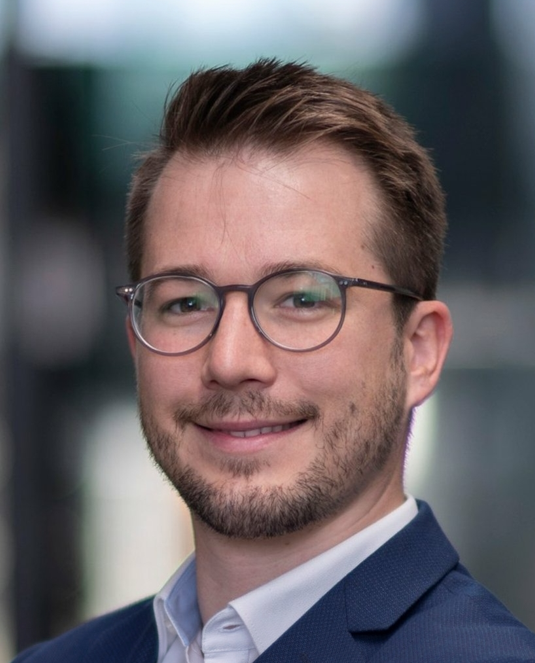
Roland Spiegelhalder
Product Manager Additive Manufacturing
Abstract
Metal 3D printing, also known as additive manufacturing (AM), revolutionizes how we create metal components. In conclusion, strategic adoption of metal 3D printing unlocks innovation, efficiency, and competitive advantage. This presentation elaborates on the basic principle of the process and its limits as well as best practices shown by applications out of various industries.
Bio
Roland Spiegelhalder as a Product Manager Additive Manufacturing within the TRUMPF organization is responsible for AM technology containing the metal powder bed especially the TruPrint 3000 and TruPrint 5000. His background is in aerospace engineering and he has over eight years of experience in the field of powder bed fusion AM technology. As an R&D Engineer at TRUMPF, he has been awarded a patent for metal additive manufacturing scan strategies, with several other patents pending. Before his role at Trumpf headquarter he spend three years in the US as Project and Product Manager for AM.
5:15 pm – 9:30 pm
Group Banquet
Frankfurt River Dinner Cruise on the Wikinger
The bus will leave the hotel at 5:15 pm.
Main River
Tuesday, May 14, 2024
8:30 am – 4:45 pm
Facility Tours
Schmoll Maschinen GmbH, Rödermark
Braun Collection, Kronberg
Off-Site Bus Trip


Schedule
| 8:30 am | The group leaves the NH Collection Frankfurt Spin Tower |
| 9:00 am | The group arrives at Schmoll Maschinen GmbH |
| 9:15 am | Welcome /Introduction |
| 9:30 am | Group Factory Tours, Live-Demos and Presentations |
| 12:30 pm | Light Lunch Snack Hosted by Schmoll Maschinen GmbH |
| 1:30 pm | The group travels to Braun Collection |
| 2:15 pm | The group arrives at Braun Collection for guided tours |
| 4:15 pm | The group boards the bus for return trip to the hotel |
| 4:45 pm | The group arrives at the hotel |
6:00 pm – 9:30 pm
Group Dinner
Hotel Restaurant
Wednesday, May 15, 2024
9:00 am – 9:15 am
Essentials of Photochemical Machining Short Course Introduction
Europaturm & Messeturm

David Allen
Emeritus Professor of Micro Engineering
Cranfield University
Abstract
A modular update from PCMI’s previous “A-Z of PCM Short Course”, “Essentials of Photochemical Machining Short Course” is sure to offer contemporary and crucial PCM information to new and experienced employees in the industry.
The Short Course is divided into four parts:
- Part 1: Photochemical Machining and Process Control
- Part 2: The Role of Photoresists in PCM
- Part 3: Metal Products and the Etchants Used in PCM
- Part 4: Etching with Ferric Chloride and its Regeneration
The Short Course aims to provide beginners in the PCM industry with essential knowledge and guidance to kickstart their roles effectively.
PCM etchers can utilize The Essentials of Photochemical Machining Short Course to efficiently train new employees in-house, ensuring they have the necessary skills to excel in their positions.
The revamped Short Course will be accessible to all PCMI members at no charge, while non-members can acquire it for $2,000.
Bio
Emeritus Professor David Allen started his career as a chemist (BSc, 1968) and moved into photochemistry research (PhD, 1972) while studying at Cardiff University. Following post-doctoral research at Warwick University and imaging technology development in industry, David joined Cranfield University in 1976. He was appointed a Technical Liaison Member to the Photo Chemical Machining Institute (PCMI) in 1981 and is currently on the Board of Directors of PCMI responsible for education. David became Professor of Microengineering at Cranfield University in 1998 and was elected as a Fellow of The International Academy for Production Engineering (CIRP) in 2006.
David has published:
- Two PCM books: “The Principles and Practice of Photochemical Machining and Photoetching” (1986) and “Photochemical Machining and Photoelectroforming” (2015, reprinted 2016, 2017 and 2019)
- five book chapters on non-conventional machining and contributed the chapter on ‘Etching’ to the on-line CIRP Encyclopedia of Production Engineering
- seven confidential industrial PCM consortium reports
- 206 journal and conference papers and was awarded the higher doctoral degree of DSc from Cranfield University in 2013 for his thesis entitled “Contributions to Photochemical Machining and Photoelectroforming”.
David retired from academia in 2011 and he now carries out consultancy and staff training in PCM companies across the world. He has worked with 27 different companies over the past 12 years.
9:15 am – 9:45 am
Preventive Machine Maintenance
Europaturm & Messeturm
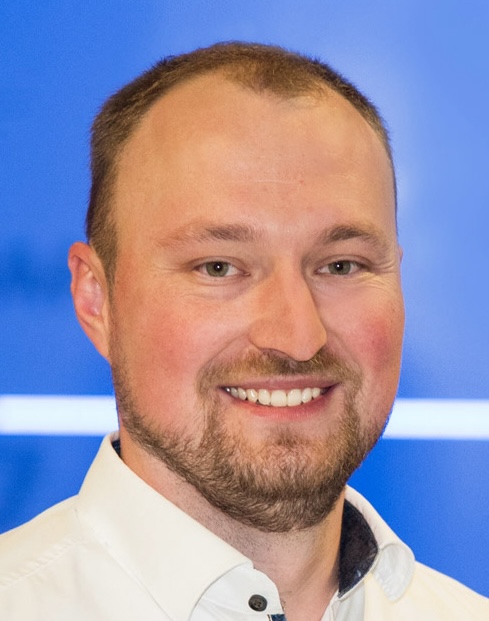
Julian Saier
Director, Customer Service Department, SCHMID Group, Gebr.
SCHMID GmbH
Abstract
Bio
In 2022, Julian Saier moved from Key Account Management to Customer Service at the SCHMID Group, His main focus has been on continuously improving customer service and the customer experience.
He is particularly focused on expanding the service network worldwide by developing new markets and expanding existing ones.
Another focus of his work is the significant transformation of customer service towards the integration of artificial intelligence into the day-to-day work of the service organization. This is not just about increasing the efficiency and accuracy of service processes, but also about preparing customer service for the challenges of the future.
This transformation means merging traditional methods and approaches with innovative AI technologies to provide a service that is not only reactive but also proactive and predictive.
9:45 am – 10:30 am
Inkjet Printing Strategies and (Future) Applications
Europaturm & Messeturm
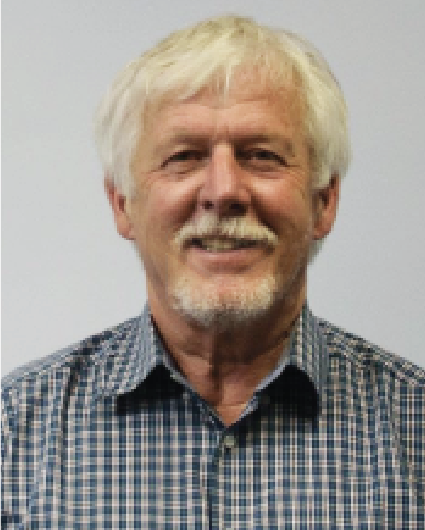
Hans Fritz
Owner
SAT Electronic GmbH
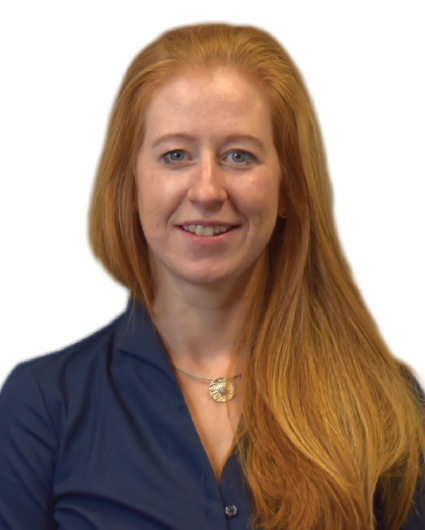
Milena Fritz
CEO
SAT Electronic GmbH
Abstract
Inkjet printing – an additive process with a revolutionary impact on sustainable and cost-efficient production processes.
Starting with the basics about: How does an inkjet printer work? What is the mechanism behind? What parameters need to be considered?
Continuing with applications and the future development combined with the potential this process brings:
There are already a lot of applications for inkjet systems with a wide range of different inks and suppliers; what else is possible and where will we use inkjet in the future? We will provide an overview but also outlook for PCMI.
Hans Fritz's Bio
After completing an apprenticeship as a radio and television engineer, Hans Fritz gained experience as a field service engineer with Gerber Scientific. He later transitioned to the PCB industry and worked as a field service engineer before becoming the managing director at Hakuto Europe.
In 1993, he founded his own company, SAT, and has since been leading the family business with approximately 30 employees, specializing in providing machines for production, such as lamination, exposure, handling, and drilling, as well as offering expertise and maintenance services.
Hans focuses on innovative and new processes, such as Ink Jet Printing, to support customers and drive success in the industry.
Melina Fritz's Bio
Since January 2023, Melina Fritz has been leading SAT Electronic GmbH, a mid-sized family business in the PCB industry. She focuses on assisting customers in planning, implementing, and finding flexible solutions using modern and efficient technologies, as well as providing top-notch maintenance service.
Before this role, from September 2018 to December 2022, she served as a Strategic Business Partner and Key Account Manager in Human Resources for Divisions Chief Operating Office at UniCredit Bank AG.
In her educational journey, she is pursuing an MBA in General Management at Munich Business School in addition to completing a Double Degree Master’s in Psychology & Management and Management International School of Management in 2018.
She also earned a Bachelor of Science in Psychology from Otto-von-Guericke University of Magdeburg in 2016. Furthermore, she has been actively involved in social engagement since 2014, volunteering as a paramedic with the Bavarian Red Cross.
10:30 am – 10:45 am
Networking Break
Outside Europaturm & Messeturm
10:45 am – 11:30 am
Group Discussion: Driving Compliance: Navigating Customer Driven Environmental and Safety Regulations in Photochemical Machining
Europaturm & Messeturm

Abstract
Photochemical Machining Industry
In the ever-evolving Photochemical Machining (PCM) industry, the intersection of environmental and safety regulations with customer-driven demands presents challenges and opportunities.
This group discussion aims to foster knowledge exchange and collaborative problem-solving among industry professionals grappling with the complexities of compliance.
The primary focus of this session will be on understanding the intricacies of environmental and safety regulations impacting the PCM sector and exploring strategies to align with these standards while meeting customer expectations. As environmental consciousness and safety concerns continue to gain prominence, manufacturers are tasked with adapting their processes to not only meet legal requirements but also cater to the increasingly stringent requirements set by their customers.
This group discussion aims to provide participants with valuable insights, practical solutions, and a collaborative platform for networking and knowledge-sharing. By addressing the dynamic interplay between customer expectations and regulatory requirements, attendees will gain a deeper understanding of how to drive compliance in their own PCM companies, ensuring sustainable and responsible business practices for the future.
11:30 am – 12:15 pm
A3 Thinking: A Tool to Help Solve Problems and Make Decisions
Europaturm & Messeturm
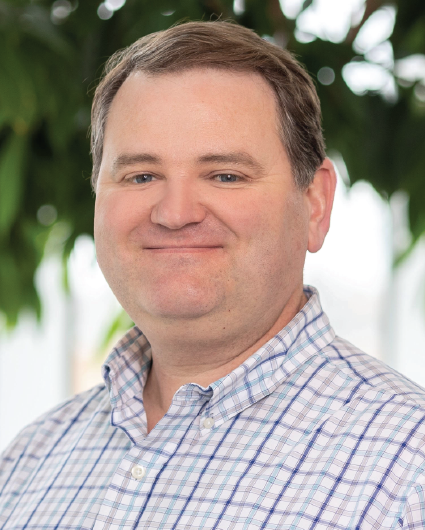
Blake Parkinson
Director, Business Segment
Watlow
Abstract
A3 Thinking, a principle of Lean manufacturing, is a powerful tool for the problem-solving and decision-making processes. Utilizing concise problem statements, a thorough review of the current condition, data-driven analysis, and collaborative solution development, A3 Thinking can enable breakthrough solutions and help solve some of your most challenging problems.
This presentation will provide an overview of the basic concepts and share examples of success that have come from implementing A3 Thinking. Attendees will also enjoy an interactive activity that will help them prepare to use A3 Thinking to solve a current problem they are facing.
Bio
Blake Parkinson has over 15 years of experience in the semiconductor industry with experience with both dry and wet chemical etching, advanced process control, new product development, and manufacturing operations.
He has a Master of Business Administration from William Woods University and a Master of Science in Chemical Engineering from the University of Texas at Austin.
Blake has been published in IEEE and in four conference proceedings. In his work with Watlow, Blake manages a segment of the Semiconductor Business Unit, focusing on expanding customer adoption of products that use PCM manufacturing processes.
Blake currently serves as the Treasurer for the PCMI Board of Directors.
12:15 pm – 1:00 pm
PCM of Difficult-To-Etch Metals and Alloys: Nickel- and Cobalt-Based Superalloys – Part Two
Europaturm & Messeturm

David Allen
Emeritus Professor of Micro Engineering
Cranfield University
Abstract
A superalloy is a metal specifically designed for applications requiring a high level of resistance to elevated temperatures, high tensile strength, and resistance to corrosion. Superalloys are therefore often used in chemical conversion plants, industrial and aerospace turbines, medical implants and devices containing precision springs and diaphragms.
These materials are extremely difficult to machine by conventional cutting methods as the materials work-harden when being machined. Fabrication by chemical machining is therefore a preferred technique. However, as these materials are also corrosion-resistant, they can also be difficult to etch.
This presentation reviews how a wide range of nickel-based and cobalt-based superalloys can be etched by aggressive chemical etchants or electrolytic photoetching techniques with reduced health, safety and environmental impacts.
Bio
Emeritus Professor David Allen started his career as a chemist (BSc, 1968) and moved into photochemistry research (PhD, 1972) while studying at Cardiff University. Following post-doctoral research at Warwick University and imaging technology development in industry, David joined Cranfield University in 1976. He was appointed a Technical Liaison Member to the Photo Chemical Machining Institute (PCMI) in 1981 and is currently on the Board of Directors of PCMI responsible for education. David became Professor of Microengineering at Cranfield University in 1998 and was elected as a Fellow of The International Academy for Production Engineering (CIRP) in 2006.
David has published:
- Two PCM books: “The Principles and Practice of Photochemical Machining and Photoetching” (1986) and “Photochemical Machining and Photoelectroforming” (2015, reprinted 2016, 2017 and 2019)
- five book chapters on non-conventional machining and contributed the chapter on ‘Etching’ to the on-line CIRP Encyclopedia of Production Engineering
- seven confidential industrial PCM consortium reports
- 206 journal and conference papers and was awarded the higher doctoral degree of DSc from Cranfield University in 2013 for his thesis entitled “Contributions to Photochemical Machining and Photoelectroforming”.
David retired from academia in 2011 and he now carries out consultancy and staff training in PCM companies across the world. He has worked with 27 different companies over the past 12 years.
1:00 pm – 2:00 pm
Lunch
Hotel Restaurant
2:00 pm – 3:00 pm
Board of Directors Wrap-Up Meeting
Europaturm & Messeturm
